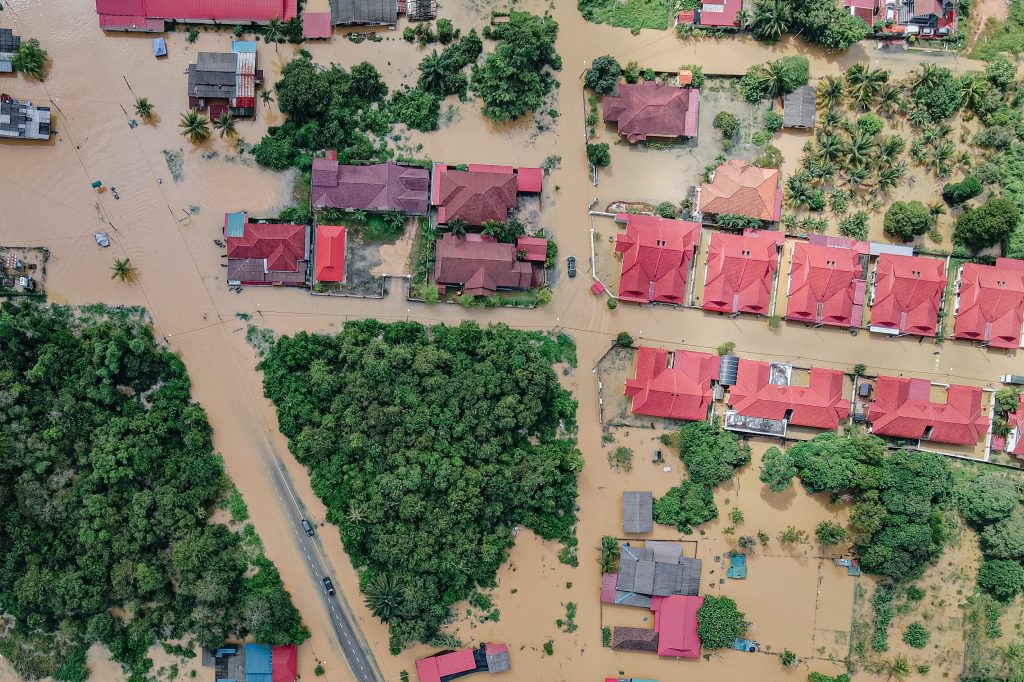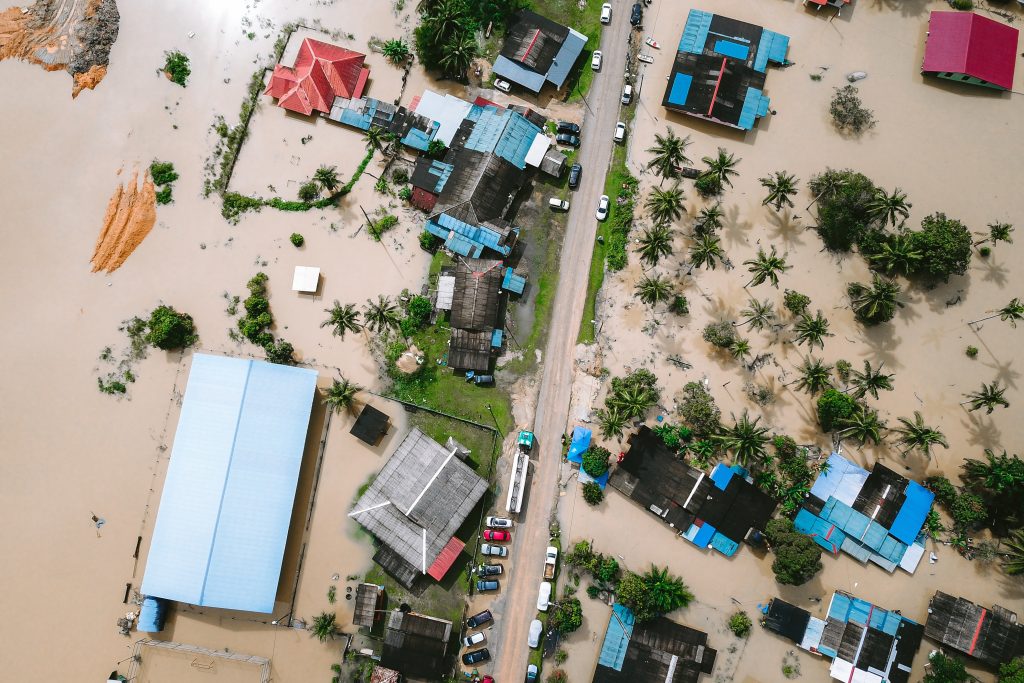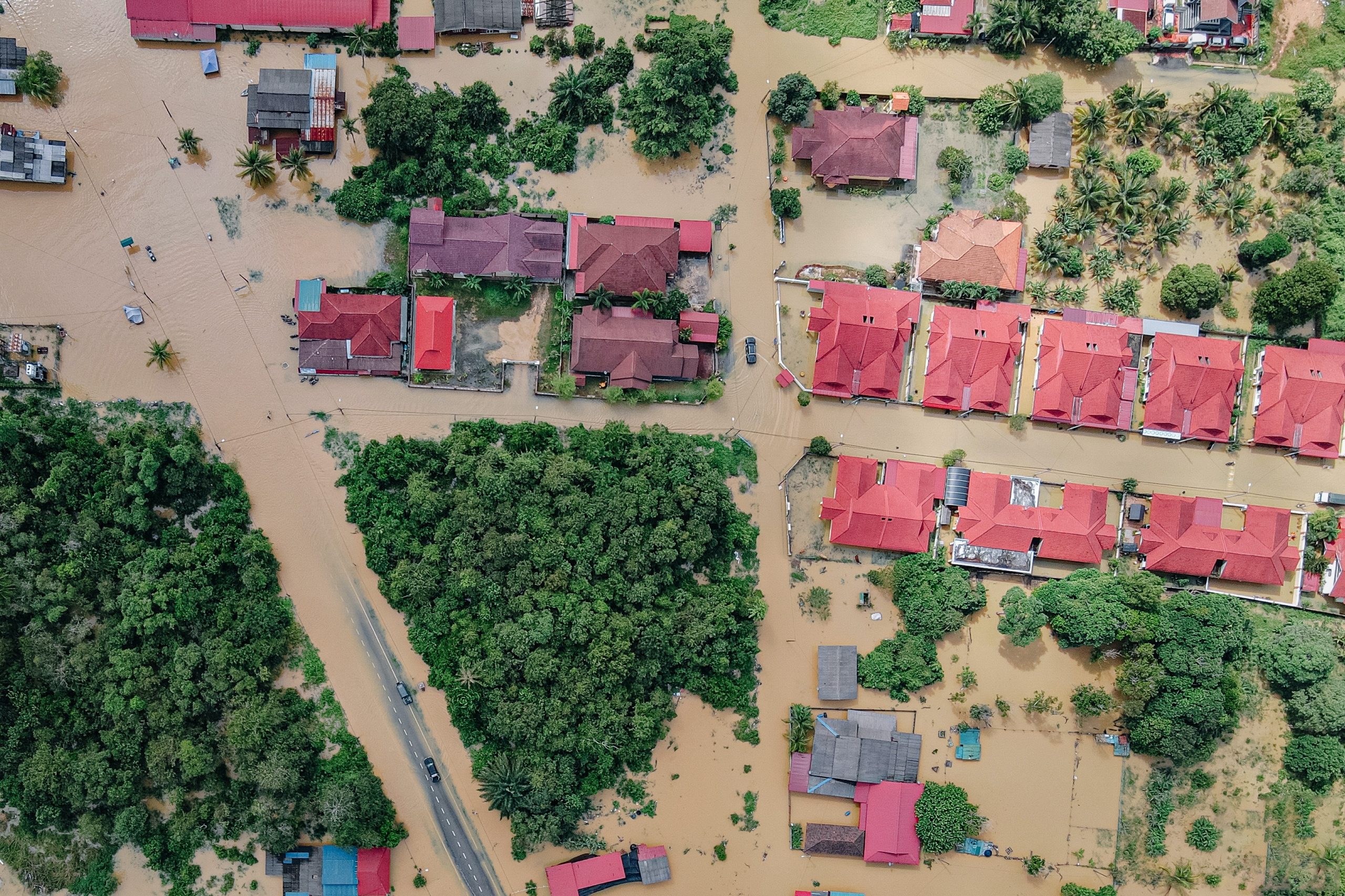Don't miss our holiday offer - 20% OFF!

Read also : Gas Sensors : Monitor the Health and Safety of Electric Motors
Flood situations are a frequent natural disaster that often strikes various regions worldwide. Besides damaging infrastructure, floods also pose serious health risks to humans. Floodwaters are often contaminated with hazardous substances like bacteria, viruses, chemicals, and other pollutants. To address this threats, water quality sensor technology has emerged as a crucial tool in identifying potential health risks associated with floods.
The Importance of Water Quality in Flood Situations

Read also : Security and Privacy in Connected Parking Systems: Challenges and Solutions
When floods occur, river water and rainwater overflow, often disrupting drainage systems and water treatment facilities. As a result, floodwaters can mix with drinking water and domestic wastewater, creating a hazardous mixture that can jeopardize human health. Bacteria such as E. coli and Salmonella, as well as toxic chemicals like heavy metals and pesticides, can be present in floodwater.
Exposure to contaminated floodwater can lead to various health issues, including respiratory infections, skin infections, food poisoning, and even severe diseases like hepatitis A. Therefore, it is crucial to carefully identify and monitor water quality during and after floods.
The Role of Water Quality Sensor Technology in Flood Situations

Read also : Security and Preparedness Enhanced by Smart EWS Technology
Water quality sensor technology consists of electronic devices designed to detect and measure various water quality parameters. In the context of flood situations, this technology plays a key role in providing real-time information about water conditions. Here are some ways water quality sensor technology helps identify health threats:
- Contaminant Monitoring: Sensors can detect contaminants such as bacteria, viruses, hazardous chemicals, and heavy metals in water. This enables authorities to identify potential health risks associated with floodwater.
- Temperature and pH Monitoring: Variations in temperature and acidity levels (pH) in water can affect the toxicity of certain contaminants. Water quality sensors allow constant monitoring of these parameters to assess health vulnerability.
- Early Warning: With real-time information provided by sensors, authorities can issue early warnings to the public about health risks associated with floodwater. This allows residents to take necessary preventive measures.
- Post-Flood Monitoring: Water quality sensors can also be used to monitor water quality after floodwaters recede. This is essential because contamination can persist for some time after a flood, and continuous monitoring is required to ensure the safety of drinking water.
Conclusion

Read also : Sistem EWS Pintar: Tingkatkan Kecepatan dan Ketepatan Respon
Water quality sensor technology plays a vital role in identifying health threats in flood situations. With the ability to detect contaminants and other water quality parameters, this technology helps protect human health during and after natural disasters. The use of advanced water quality sensors integrated into disaster monitoring systems can ensure a faster and more effective response to health threats that may arise due to floods. As technology continues to advance, the hope is that water quality sensors will continue to safeguard public health in the face of future flood challenges.





